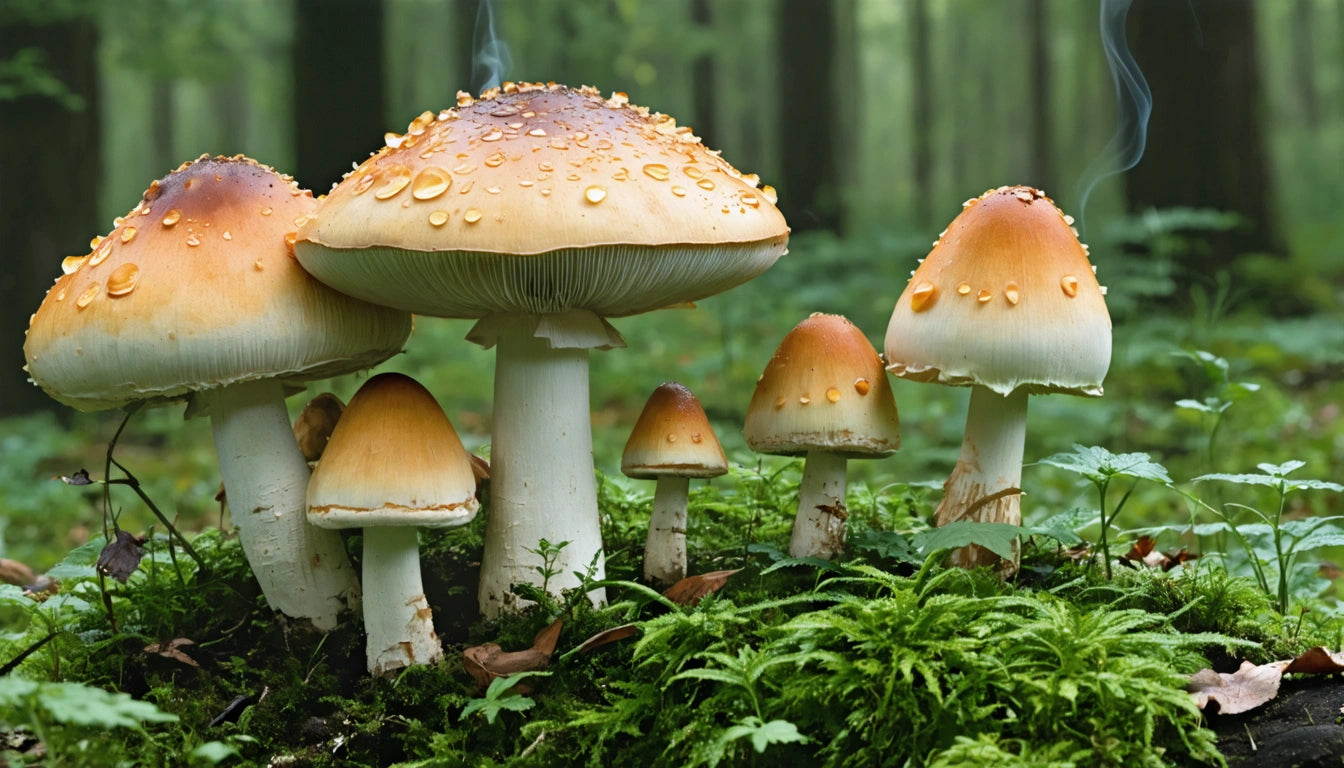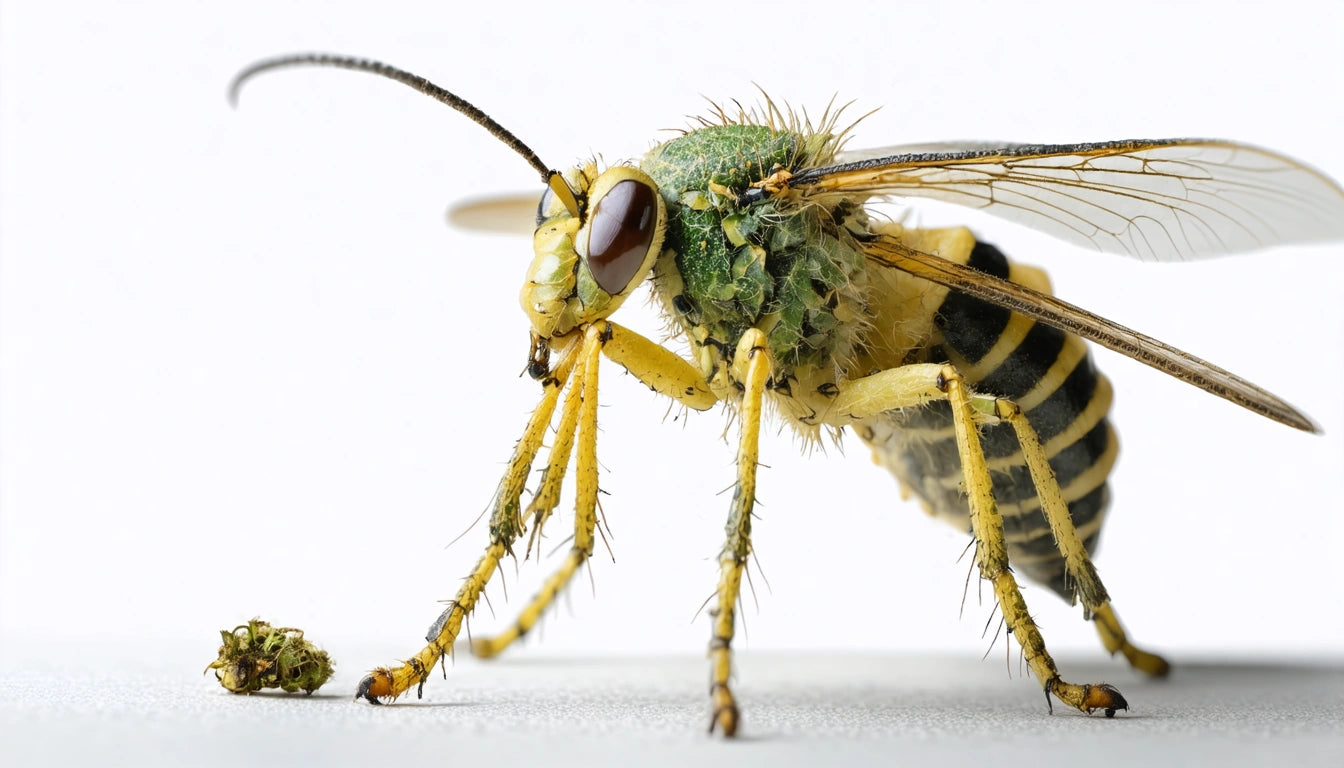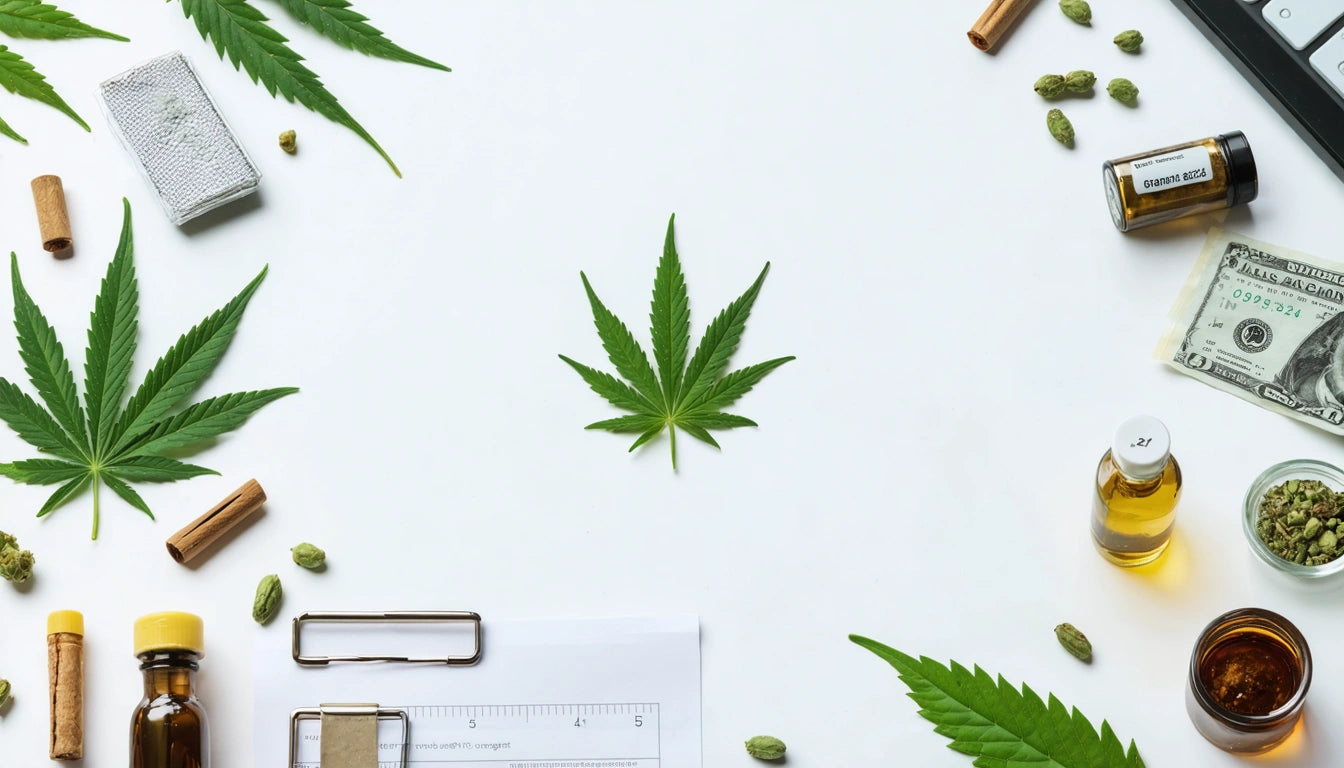Table of Contents
Can You Smoke Shrooms? Exploring the Effects and Possibilities
The curiosity around alternative consumption methods for psychedelics has led many to ask: can you smoke shrooms? As psychedelic mushrooms gain popularity for their potential therapeutic benefits, questions about different consumption methods naturally arise. This comprehensive guide explores whether smoking psilocybin mushrooms is effective, safe, or recommended.
Can You Smoke Shrooms? Understanding the Basics
Technically, yes, you can smoke shrooms in the sense that you can physically light dried mushrooms and inhale the smoke. However, this doesn't mean it's effective or recommended. Psilocybin, the primary psychoactive compound in magic mushrooms, has a chemical structure that breaks down at high temperatures (around 180 °C/356 °F).
When mushrooms are burned, most of the psilocybin is destroyed before it can be absorbed by your lungs. This makes smoking an inefficient method of consumption compared to oral ingestion, where the psilocybin remains intact until metabolized by your body.
Common Questions About Smoking Shrooms
Many people wonder if you can put shrooms in a blunt or if smoking shrooms in a blunt is effective. While physically possible, combining mushrooms with cannabis in a blunt doesn't change the fundamental issue: heat destroys psilocybin. Mixing weed and shrooms can be done more effectively through separate consumption methods rather than smoking them together.
Effects of Smoking Shrooms vs. Traditional Consumption
What happens if you smoke shrooms? According to research on smoking mushrooms, the effects are typically minimal compared to traditional consumption methods. Users who have attempted smoking psilocybin mushrooms report:
- Significantly milder or non-existent psychedelic effects
- Potential respiratory irritation
- Harsh taste and unpleasant smoking experience
- Possible headaches or nausea from inhaling fungal material
In contrast, when consumed orally, psilocybin mushrooms typically produce effects including visual and auditory hallucinations, altered perception of time, euphoria, and introspective experiences lasting 4-6 hours.
Risks and Dangers of Smoking Psilocybin Mushrooms
Beyond being ineffective, smoking shrooms carries specific risks:
Physical Risks
Inhaling any burned fungal material can irritate the lungs and respiratory tract. Mushrooms contain spores and other compounds not meant to be inhaled, potentially causing:
- Respiratory infections
- Lung irritation and inflammation
- Coughing and throat discomfort
- Potential for fungal particles to lodge in lung tissue
For those interested in proper storage solutions for mushrooms rather than smoking them, specialized mylar bags designed for botanical products can help maintain potency and freshness while preventing contamination.
Alternatives to Smoking Shrooms
Instead of smoking, consider these more effective methods of consuming psilocybin mushrooms:
Traditional Oral Consumption
- Direct consumption: Eating dried mushrooms
- Mushroom tea: Steeping crushed mushrooms in hot (not boiling) water
- Capsules: Pre-measured doses in gelatin or vegetable capsules
- Edibles: Incorporating mushrooms into food (though heat during cooking can reduce potency)
These methods allow the psilocybin to be processed through the digestive system and liver, where it converts to psilocin, the compound that actually produces psychedelic effects.
Lemon Tek Method
This popular preparation involves soaking ground mushrooms in lemon juice for 15-20 minutes before consumption. The acidic environment mimics stomach acid, potentially leading to:
- Faster onset of effects (20-30 minutes vs. 45-60 minutes)
- Potentially more intense but shorter duration experience
- Reduced nausea for some users
Exploring smoking alternatives can provide more information on various consumption methods that preserve the potency of psychoactive compounds.
Legal Considerations for Psilocybin Mushrooms
Before considering any consumption method, it's essential to understand the legal status of psilocybin mushrooms in your region. The legal status of shrooms varies significantly around the world:
- In the United States, psilocybin remains a Schedule I controlled substance federally, though some cities and states have decriminalized or legalized it for therapeutic use
- Countries like Brazil, Jamaica, and the Netherlands have varying degrees of legal tolerance
- Many countries maintain strict prohibitions with serious penalties
Understanding these legal frameworks is crucial before considering any form of mushroom consumption.
Safer Practices and Future Research Directions
If you're interested in the potential benefits of psilocybin, consider these safer approaches:
- Research clinical trials in your area that are studying psilocybin therapy
- Follow developments in regions where therapeutic use is being legalized
- Prioritize education about set, setting, and integration practices
- Consider microdosing protocols that use very small amounts
The research on psilocybin is evolving rapidly, with promising results for conditions like treatment-resistant depression, end-of-life anxiety, and addiction. Comparing shrooms and weed shows distinct differences in effects, risks, and therapeutic applications that may influence future medical use.
While smoking shrooms remains an ineffective and potentially harmful method of consumption, the scientific and therapeutic interest in psilocybin continues to grow, suggesting that safer, medically-supervised applications may become more accessible in the future.











Leave a comment
All comments are moderated before being published.
This site is protected by hCaptcha and the hCaptcha Privacy Policy and Terms of Service apply.